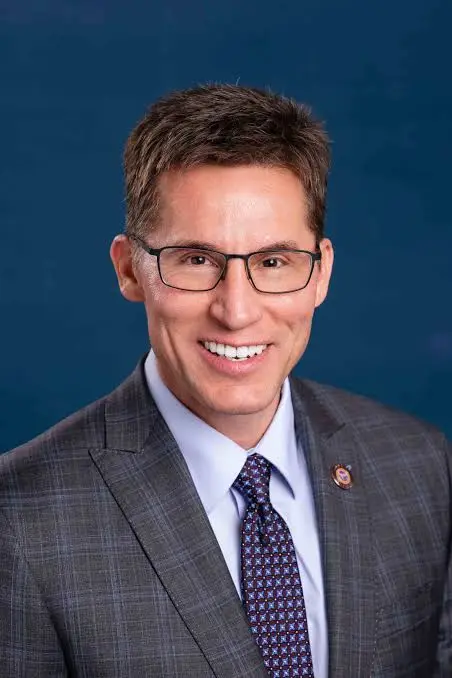
It’s hard to find poor and working-class families on the small screen. Here’s why it matters.
By Joanna Weiss | POLITICO Magazine
(Editor’s note: Opinion pieces are published for discussion purposes only.)
This year marks the final season of what might be the most underappreciated sitcom on TV, ABC’s “The Middle.” It’s a single-camera show about an Indiana family—the title refers to its characters’ Middle-American, middle-class existence—and unlike the edgy comedies and tear-jerker dramas that dominate awards time, its humor is unapologetically middlebrow. But “The Middle” is charming, appealing and funny, in no small part because it has another distinction: It’s one of a precious few shows on TV today that focuses, consistently and honestly, on economic anxiety.
If there were ever a time to double down on stories of the American middle-class struggle, this is it. We’re in the midst of a new Gilded Age, with soaring inequality and stagnant wages—the phenomena that helped make Donald Trump president. We’re also enjoying a golden age of TV, with more networks and platforms creating more scripted shows than ever. Plenty of smart, acclaimed series have tackled complex social themes with sophistication and sensitivity—think “The Wire” for the urban drug war; “Mad Men” for gender; “Atlanta,” “Black-ish” and “Insecure” for race; “Master of None” for the Muslim-American experience. Even “Game of Thrones” teaches real-world lessons about politics and power. At its best, television holds up a mirror to society and helps us better understand who we are. So the dearth of shows that focus on financial insecurity feels especially glaring.







